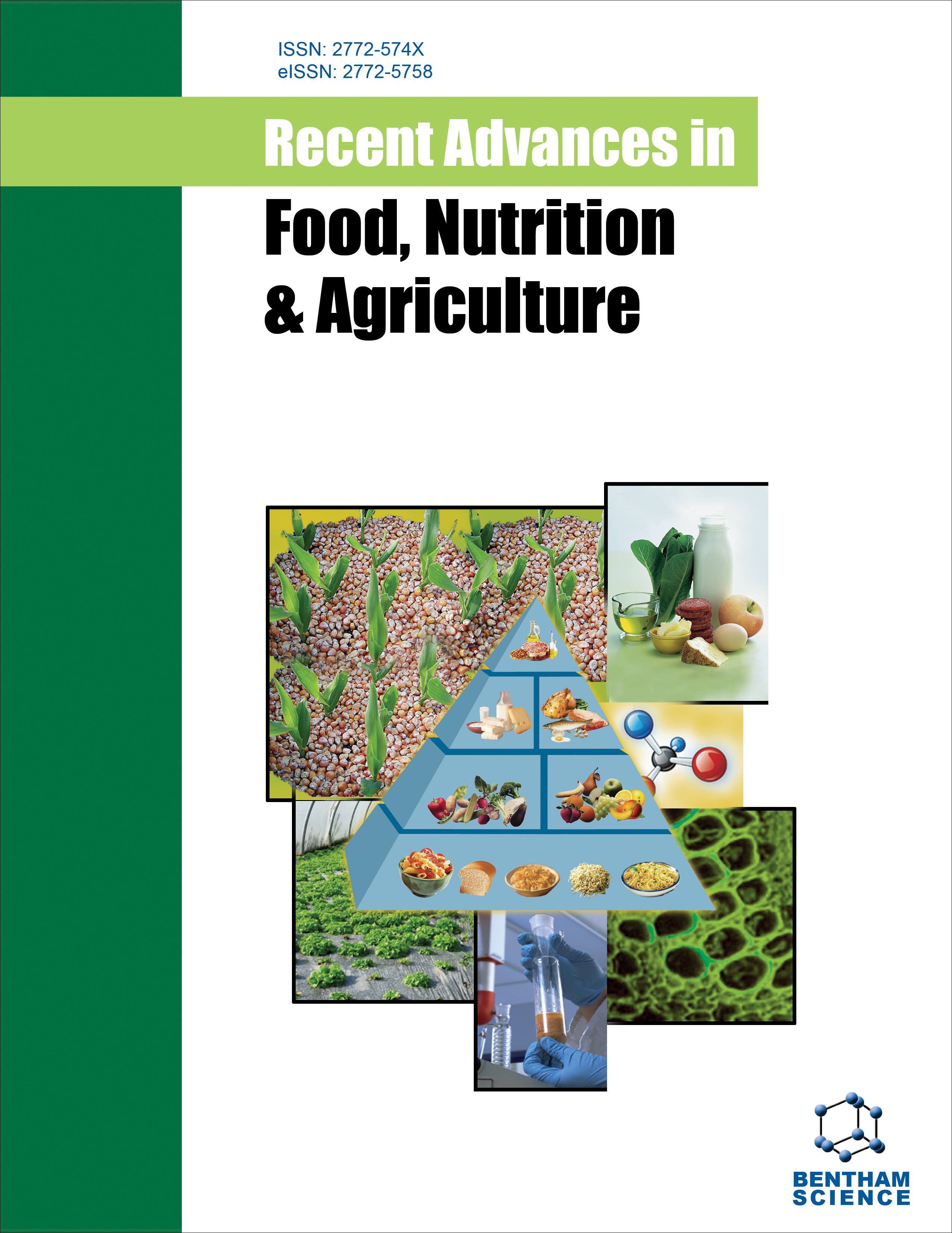
Full text loading...

Depression is a common psychiatric disorder characterized by feelings of sadness, diminished interest in activities, and disruptions in sleep patterns. Pharmaco-therapy, which often involves the use of antidepressant medicines, are method for managing depression. There are potential negative effects linked to the utilization of these medicines, even though many people have found them to be beneficial.
Traditional pharmacological therapies for depression can have a variety of adverse effects or drawbacks. To overcome these constraints, nutraceuticals have come into the picture of interest. Nutraceuticals, which are naturally derived compounds with potential therapeutic benefits, have attracted interest as an innovative approach to treating depression. In this review, the efficacy of nutraceuticals in depression will be discussed.
To find pertinent research on nutraceuticals in the treatment of depression, a thorough literature analysis was enacted. Studies investigating the significance of nutraceuticals on depression signs, patent perspectives, and clinical studies were included.
The findings suggest that several nutraceuticals, including omega-3 fatty acids, dietary fibers, and phytochemicals, including Ashwagandha and valerian, exhibit antidepressant effects. These compounds have shown promising results in improving depressive symptoms, enhancing neuroplasticity and neurogenesis, and regulating neurotransmitter imbalances.
Nutraceuticals offer a novel approach to depression, providing potential benefits in alleviating depressive symptoms. Correlative review suggests that increasing intake of these substances could be an alternate method for delaying the early symptoms and course of depression. Supplementation with dietary fibers, Omega-3 fatty acids, and phytochemicals can be utilized as a complementary strategy for anti-depressant therapy.

Article metrics loading...

Full text loading...
References


Data & Media loading...